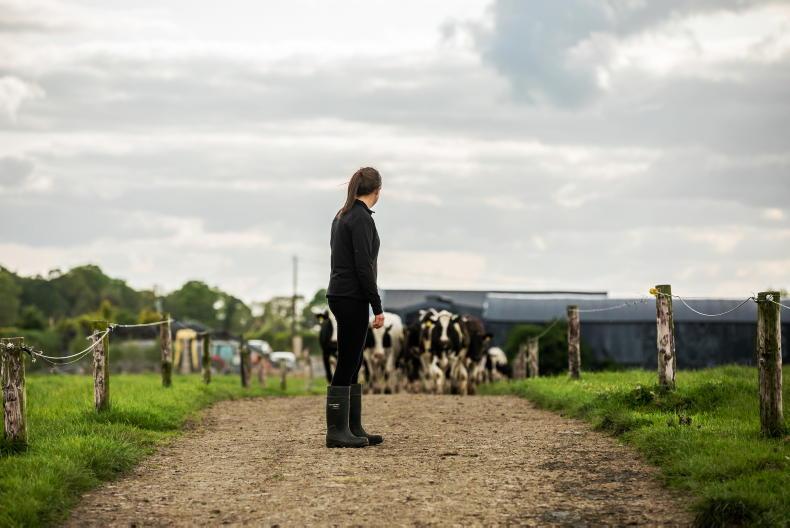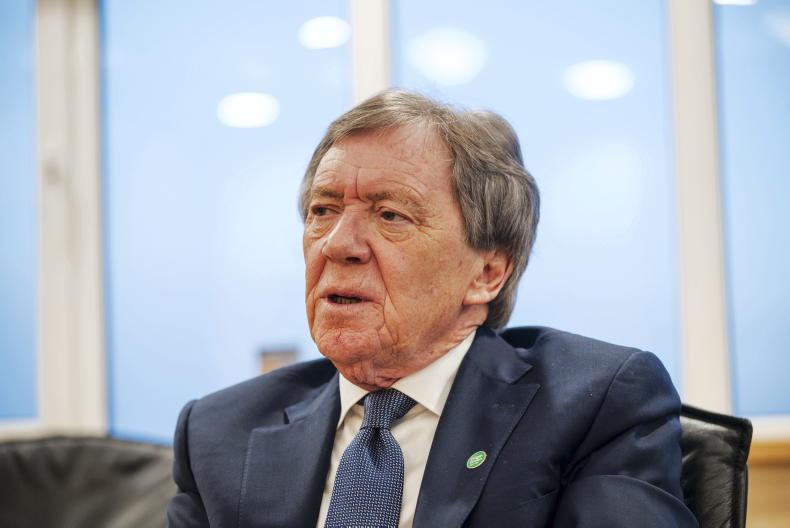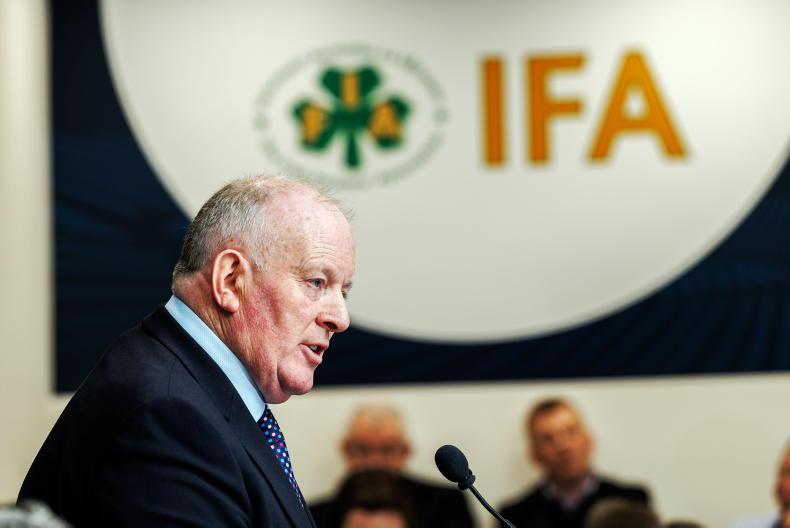Delays to rural broadband and high internet charges could be due to Eir holding an industry monopoly, the Oireachtas Committee on Communications heard on Tuesday.
Irish consumers pay the second highest price for broadband in Europe, the Association of Licensed Telecommunications Operators (ALTO) reported to the Oireachtas.
High-speed broadband was available to just over 50% of rural households in the Republic in the latest comparison conducted by the European Commission.
Telecommunications infrastructure was emphasised as a core issue, with Eir dominating a large part of the infrastructure in the country, ALTO cited a cost of €20/year to rent a telephone pole from Eir.
“That might sound fairly modest for renting a pole but if you roll out broadband to rural areas you will pass a lot of poles … so you multiply it by the volume of poles you need to pass and it suddenly becomes a big number,” John O’Dwyer of ALTO and BT Ireland said.
Members of the committee expressed concern at the issues raised by the group and the impact on consumers.
“Eir literally have this market by the windpipe,” Sinn Féin TD Brian Stanley said.
Part of the issue of market dominance has also had a knock-on effect on broadband prices.
“In 2015, [Eir] increased prices by 10% and again in May 2016, they increased prices by 20%, so that’s a 30% price increase over the space of 12 months,” Kevin Barrins of ALTO and Sky Ireland said.
Barrins pointed out that a review was initiated but that it has yet to be completed.
Eir pulled out of the bidding process to undertake the National Broadband Plan (NBP) in January, leaving eNet as the sole bidder for the tender.
The Government is expected to provide a subsidy as part of the NBP to get broadband to areas that aren’t profitable for commercial operators. However, ATOL stated that a subsidy would not have been considered if prices weren’t so high in the first instance.









SHARING OPTIONS